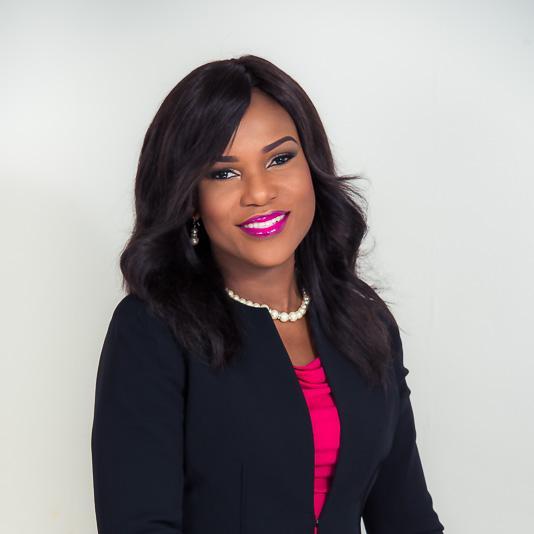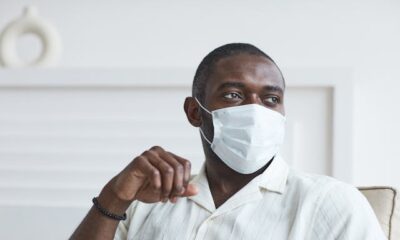Features
Monica Alabi: Adjusting to Our New Normal
Building relationships has now become a virtual affair as we are encouraged to maintain strict physical distance with people – especially those who are not our immediate family members. Schools, offices, mosques, churches have been ordered to shut down in the meantime. We all have gone through the stages of grieving the loss of our routine as we know it.
 I am feeling deeply introspective as I write this. My last essay, shortly before the world imploded with the coronavirus pandemic, was about building relationships. After this pandemic, the world, as we know it, will never be the same.
I am feeling deeply introspective as I write this. My last essay, shortly before the world imploded with the coronavirus pandemic, was about building relationships. After this pandemic, the world, as we know it, will never be the same.
Building relationships has now become a virtual affair as we are encouraged to maintain strict physical distance with people – especially those who are not our immediate family members. Schools, offices, mosques, churches have been ordered to shut down in the meantime. We all have gone through the stages of grieving the loss of our routine as we know it.
From the initial denial: “No, it can’t possibly spread around the world”, “I am not going to change my life because of this”, “it does not affect black people” to feelings of anger: “This is all the fault of the Chinese”, “the government is not doing enough”, “If only they had locked the airports sooner.”
The leaders of different nations have responded in various ways and the weakness in policies in some countries has become glaringly obvious. We have been surprised by America’s response and impressed by Germany’s. Nigeria has fewer cases and many organisations have stepped up to help.
In all of these, we have tried to ‘bargain, battled feelings of depression and a few have rapidly progressed to the acceptance phase. These phases are fluid and one can flow between them at various times.
I have battled feelings of helplessness as medical practice transformed overnight. Patients are no longer able to just walk into the doctor’s office. Almost all consultations are now virtual, all ‘non-urgent’ problems have to be deferred while we all come together to overcome this virus.
In all the doom and gloom, there are some positives:
- Medicine in particular and healthcare, in general, has been transformed. Virtual healthcare has been adopted overnight. When I started offering video consultations a year ago, very few doctors were interested, now everyone has become a remote consultant. Innovation typically takes 17years and we have had an acceleration here.
- Families will be transformed. Our over-scheduled lives have been slowed down. Children no longer have a million activities and they can learn what it means to be bored. Boredom can lead to extreme creativity. We get to spend more time with our immediate family, learn to understand them and truly be with them. Some relationships will thrive while some will spiral.
- There are talents everywhere. From virtual music groups to blogs, to actors… the list is endless. People who are ordinarily camera-shy are lending their voice to the airwaves, it is amazing. Everyone is trying their best to help out and platforms – like Vine Health – are giving daily updates.
The list of positives is endless but this doesn’t mean that we should not acknowledge the heartbreaking negatives. I sit at my desk and the silence brings home to bear the weight of the loss the world is suffering. My heart goes out to all families touched by this.
To all healthcare staff, we will dust ourselves and continue to provide the care we can, despite the difficult circumstances. Let us all strive to remain positive. To all of us, reach out to someone today, encourage them, tell them you care. You may just be the lifeline they were praying for.




















